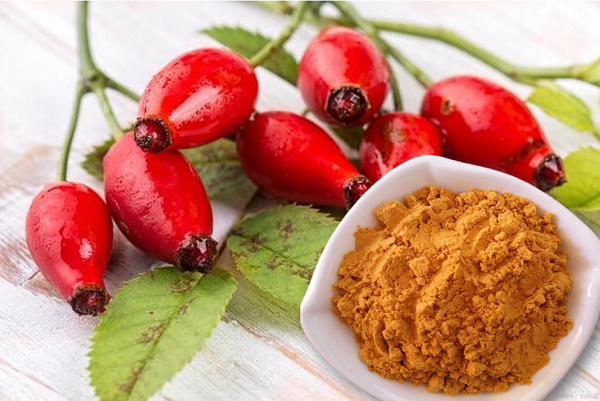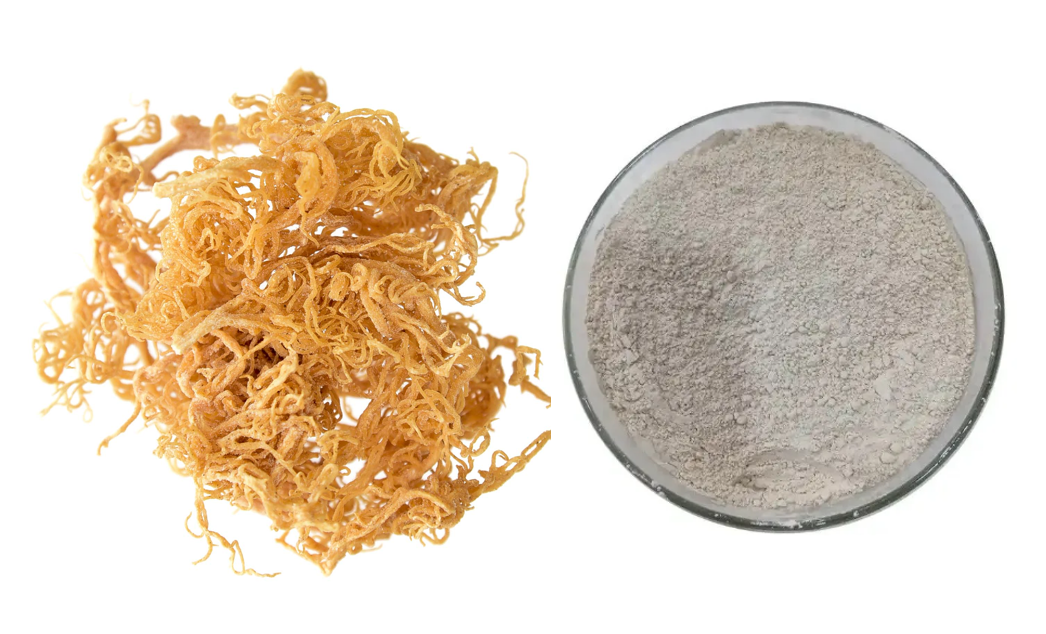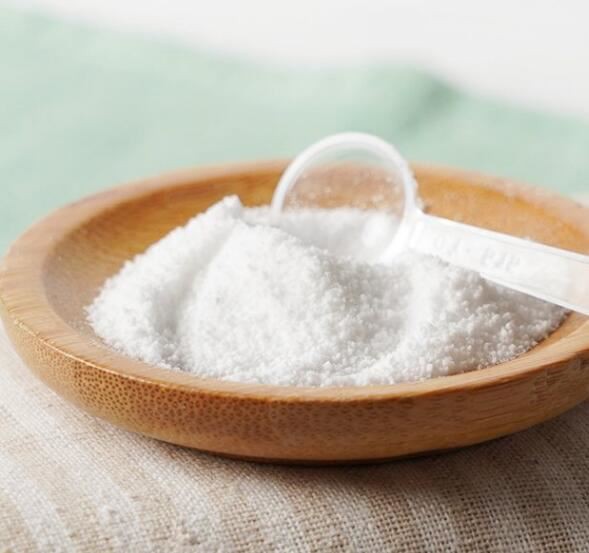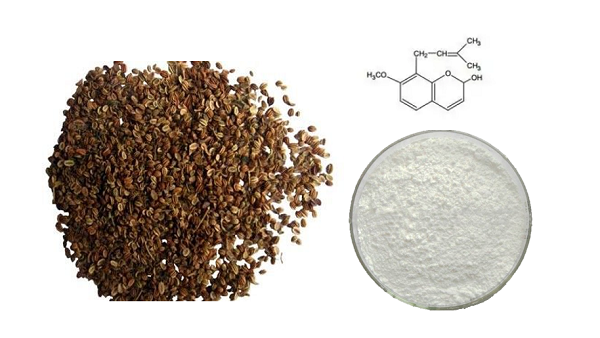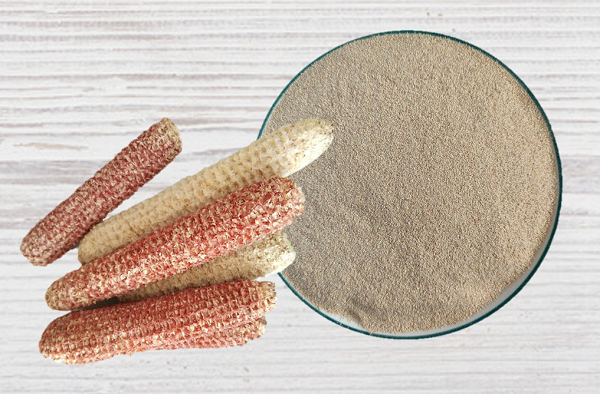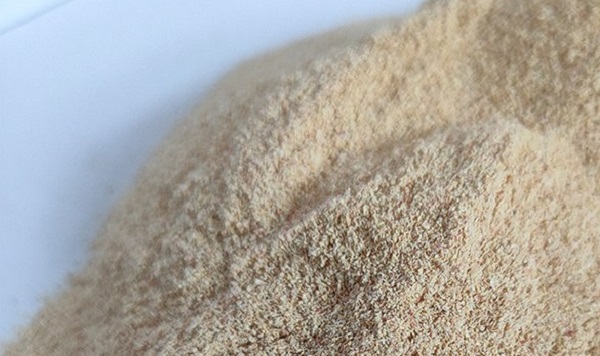Follow Us:
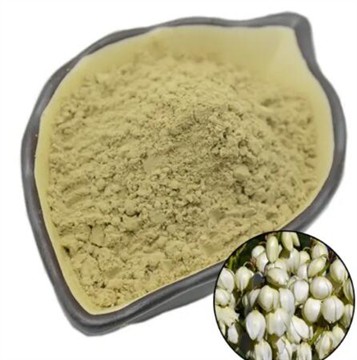
Yucca Root: Nutrition Facts, Benefits And Uses
Yucca, this plant is not unfamiliar in daily life, yucca extract can be used in food, health products, animal feed, etc.
Yuca root, otherwise called cassava root, is a staple yield that upholds a huge number of individuals around the world. As a long, dark brown tuber, yucca root resembles a sweet potato and a potato in many ways. It has been grown for centuries in Africa and South America, and researchers are increasingly looking into its potential as a productive, drought-resistant crop that can be grown on farms of any size.

Yucca Nutrition Facts
| Calories 159 |
| % Daily Value* | |
Sources from
The USDA provides the following nutritional information for 1/2 cup (103 grams) of raw yuca (cassava root):1 calories 165
Fat: 0.3 g of sodium: Carbs: 14 mg 39g
Fiber: 1.9g of sugar: 1.8 g of protein: 39 grams of carbohydrates per half-cup, Yuca is a starchy vegetable with 1.4 grams of carbohydrates. Yucca contains primarily starch as its source of carbohydrates. Fiber makes up just under 2 grams, and naturally occurring sugar makes up 1.8 grams.
Fats A half-cup serving of raw yuca contains less than half a gram of fat. Nevertheless, keep in mind that yuca is frequently cooked with additional fat.
Protein Yuca contains only 1.4 grams of protein per half cup. Yucca contains 18 distinct amino acids in trace amounts.
Nutrients and Minerals
Yuca gives choline, vitamin A, folate, L-ascorbic acid, magnesium, and calcium. It has a very high potassium content.
Health Benefits of Yucca Root:
As part of a plant-based diet, Yuca has a number of health benefits. There are a few good reasons to try it.
Protects Heart Health One cup of raw yuca contains 558 milligrams of potassium, or 16 to 21 percent of what most adults need to eat. Yuca is a great source of vitamin C and folate, two essential nutrients for heart health, and potassium regulates blood pressure, lowering the risk of stroke and heart disease2. For improved cardiovascular protection, yuca and other tubers, such as potatoes, can be substituted for rice or wheat flour.
Improves Wound Healing One root contains twice as much vitamin C as a cup of cassava, which contains 42 milligrams of vitamin C.1 Vitamin C is an antioxidant and the precursor to collagen, which is essential for skin integrity.
It is known that getting enough vitamin C helps heal wounds. Picking yuca, alongside different leafy foods, upholds your body’s maintenance framework following a physical issue or contamination.
Improves Eye Health Scientists have successfully produced fortified varieties that are high in carotenoids3 in an effort to improve the vitamin A status of countries that rely on cassava as a staple food. These yellow genotypes stand to benefit public health for people of all ages, particularly in regards to vision and the prevention of age-related macular degeneration, which are well-established benefits of adequate vitamin A intake.
Prevents Iron-Deficiency Anemia In a similar vein, cassava may be fortified with iron to aid in the reduction of malnutrition, particularly iron deficiency.4 The addition of iron to cassava, which already contains some vitamin C, increases the amount of plant-based iron that is absorbed. Iron deficiency anemia is particularly prevalent in children and pregnant women.
It can prompt a large group of wellbeing concerns including birth surrenders, newborn child mortality, disabled mental capability, and poor immunity.5 The healthful fortress of the cassava plant can make yuca a staple food with much more to propose past high-energy starch.
May Help Produce Milk When breastfeeding, starchy foods like bread, oatmeal, sweet potatoes, rice, and pasta are frequently suggested as ways to increase milk supply.6 Cassava is another complex carbohydrate option that is rich in starch and energy.
Women in the western part of Sierra Leone frequently use cassava leaf sauce and tubers to increase their supply of breastmilk.7 Although no studies have definitively recommended yuca for breastfeeding, its nutritional composition suggests that it may do so.
Allergies In addition to being consumed as food, cassava root is frequently utilized in the production of pharmaceutical tablets and as a substitute for potato or corn starch in the production of starch. Because it is widely believed to be non-allergenic, it is a common ingredient in baby food processing.
However, there have been isolated instances of allergic reactions, such as in 2003 in Mozambique, 2004 in Brazil, and 2007 in Spain8. Cassava allergies have been demonstrated to cause anaphylaxis and are thought to be associated with latex allergies; however, more extensive research is required to confirm this association.
On the off chance that you suspect an aversion to yuca, visit an allergist for additional testing and assessment.

Yucca Benefits for dog
Yucca root contains numerous fixings that are high in calories, sugars, fiber and nutrients like L-ascorbic acid and manganese. The saponins found in yucca root likewise have an inquisitive capacity to imitate cortisone chemicals — which are known for overseeing pressure reaction, the safe framework, the stomach related framework, irritation endlessly levels of electrolytes in the blood.
Underneath, we investigate a portion of the vital advantages of yucca root in more noteworthy profundity.
Benefits for Your Dog’s Digestive Tract Yucca root is an excellent remedy for dogs with digestive issues. Funny thing is that the internal cleaning of the small intestine that happens when dogs consume the recommended amounts of steroidal saponins in our everyday cleaning products. A healthy digestive system is made possible by the ability of the intestine to effectively absorb vitamins and minerals once it is free of waste. Because it contains:
Because of its anti-inflammatory properties, yucca root can ease digestive issues by relaxing stomach muscles and stimulating the production of stomach acid, which breaks down food, increases appetite, and relieves gas. Other nutrients in yucca root include potassium, calcium, phosphorus, iron, manganese, copper, and vitamin B. Furthermore, the cortisone chemical delivered by the saponins normally decreases aggravation in canines with stomach bothering and entrail and bladder issues.
Yucca root benefits for dogs with joint pain and arthritis have been documented in studies and reports by naturopaths and veterinarians, who claim a 50-80% success rate for its symptom relief. Joint torment and joint pain are brought about by irritation and enlarging in the muscle tissues brought about by development of poisons. This hinders blood flow to the affected areas and occasionally solidifies, resulting in stiffness and long-term conditions like arthritis.
The yucca pull powder for canines has calming properties, because of its corticosteroid part. Corticosteroids aid in the breakdown of mineral deposits in joints, helping to cleanse the organs, promote healthy blood flow, and further tissue repair, especially in the case of arthritis and joint-related issues in dogs.
Your dog’s bones, joints, and muscles will continue to absorb the yucca root’s nutritional properties as you continue to add it to their food, resulting in a stronger structural system. Consult your veterinarian if you are unsure whether to include yucca root in your dog’s food or if your dog suffers from arthritis or joint problems.
Where Can I Purchase Yuca Root Powder?
The feed industry is the primary application for yucca root powder, which has a number of industrial uses. At Green Agribio, you can order yuca root powder in large quantities.
References:https://www.webmd.com/diet/health-benefits-yuca
https://www.hypropremium.com.au/why-yucca-root/
https://www.verywellfit.com/yuca-nutrition-facts-4178969













